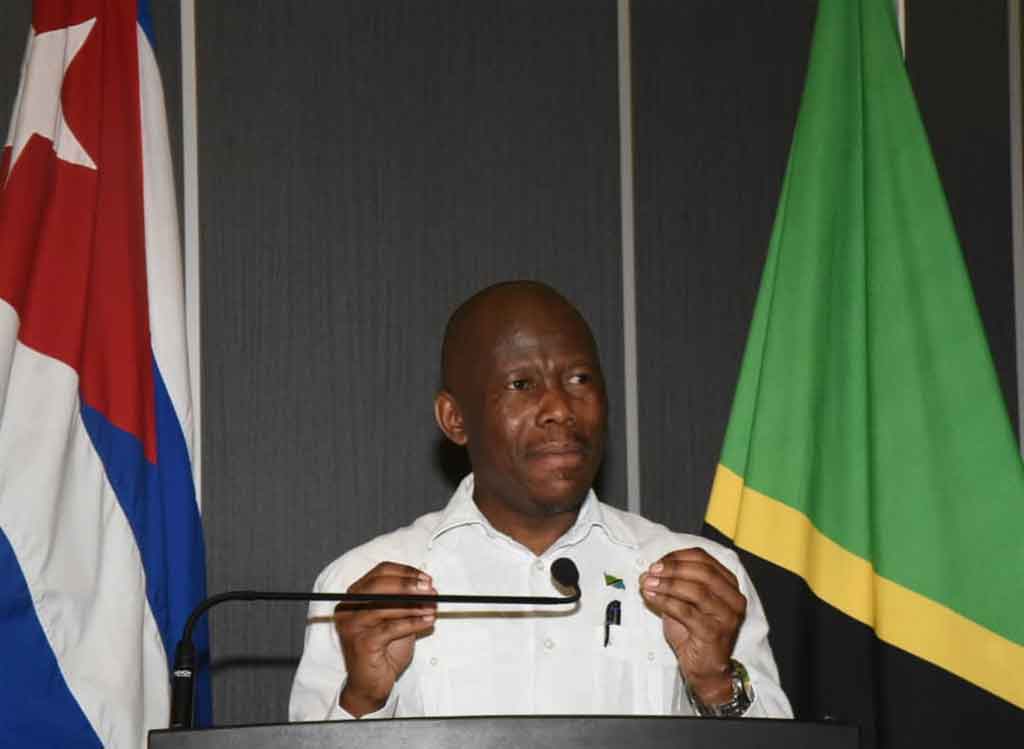Many African tribes speak more than two thousand dialects, in my country alone there are more than 120, but Kiswahili is the only one with more than 200 million speakers, commented the diplomat.
It is the first or second language in more than 15 nations and has a mixture of diverse cultures, customs and beliefs, he stressed during a conference at the Packard Hotel in this capital.

Polepole reviewed its emergence and development, and highlighted the “prestige gained as a language of rejection of colonialism, beginning with resistance to the German occupation.”
Many examples show its early importance, one of them being that Germany adopted it as an administrative language in East Africa and then it began to be taught at the Kaiser Wilhelm University in that country, he said.
According to him, it was also used as a secret code for communication in the liberation movements of Mozambique, Zambia, Zimbabwe, South Africa, Angola, Namibia, Botswana, Comoros and Seychelles.
For the Tanzanian diplomat, the Kiswahili has an important relationship with Cuba, which he wants to strengthen and expand during his administration.
In 1965, he said, about 100 Cuban combatants went to the Congo to carry out a mission, led by commanders Ernesto Guevara, Víctor Dreke and José María Martínez, and they had to learn that language.
They received secret names. Che Guevara was Commander Namba Tatu (aka Commander number three); They called Tamayo Namba Mbili (commander number two) and Dreke, here present, was called Namba Moja (commander number one), he said.
Furthermore, he stressed that the meetings between Julius Nyerere, first president of Tanzania, and the historical leader of the Cuban Revolution, Fidel Castro, led to the beginning of efforts to teach Kiswahili in Cuba.
There was a program that lasted only about five years, but it is a reason for joy that we have resumed its teaching, now at the University of Havana and the Africa House, he stated.
Notably, he declared, “it will be formally introduced to the Caribbean at the International Conference to be held in Havana next November.”
Kiswahili is among the 10 most spoken languages in the world, in addition to being taught in several universities around the world.
It is one of the official languages of the African Union, the Southern African Development Community and the East African Community. Likewise, it appears as the only African language in the United Nations Global Communications.
In 2021, the United Nations Educational, Scientific and Cultural Organization declared July 7 as World Kiswahili Language Day.
ef/oda/raj









